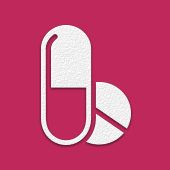

18. Medications
You’ll need to take special medications for the rest of your life to prevent your body from rejecting your new liver graft. You are responsible for following the medication regimen we give you. If you have symptoms of rejection, or if you’re suffering from an infection, you should contact us immediately so we may provide you with the necessary care.






